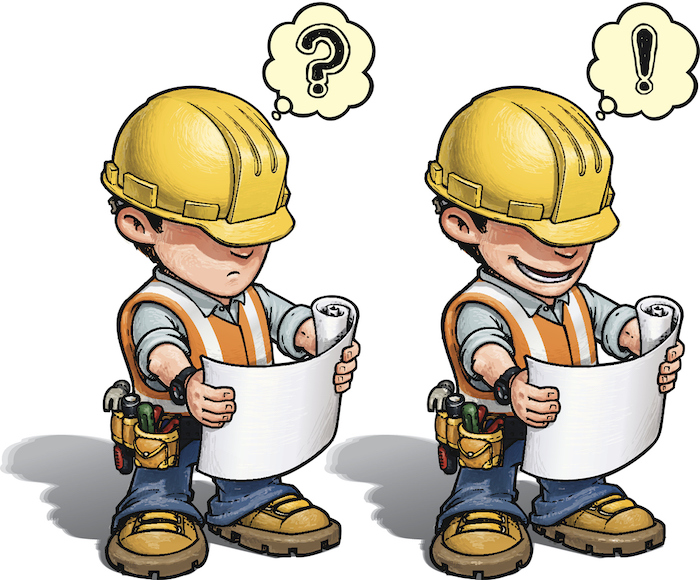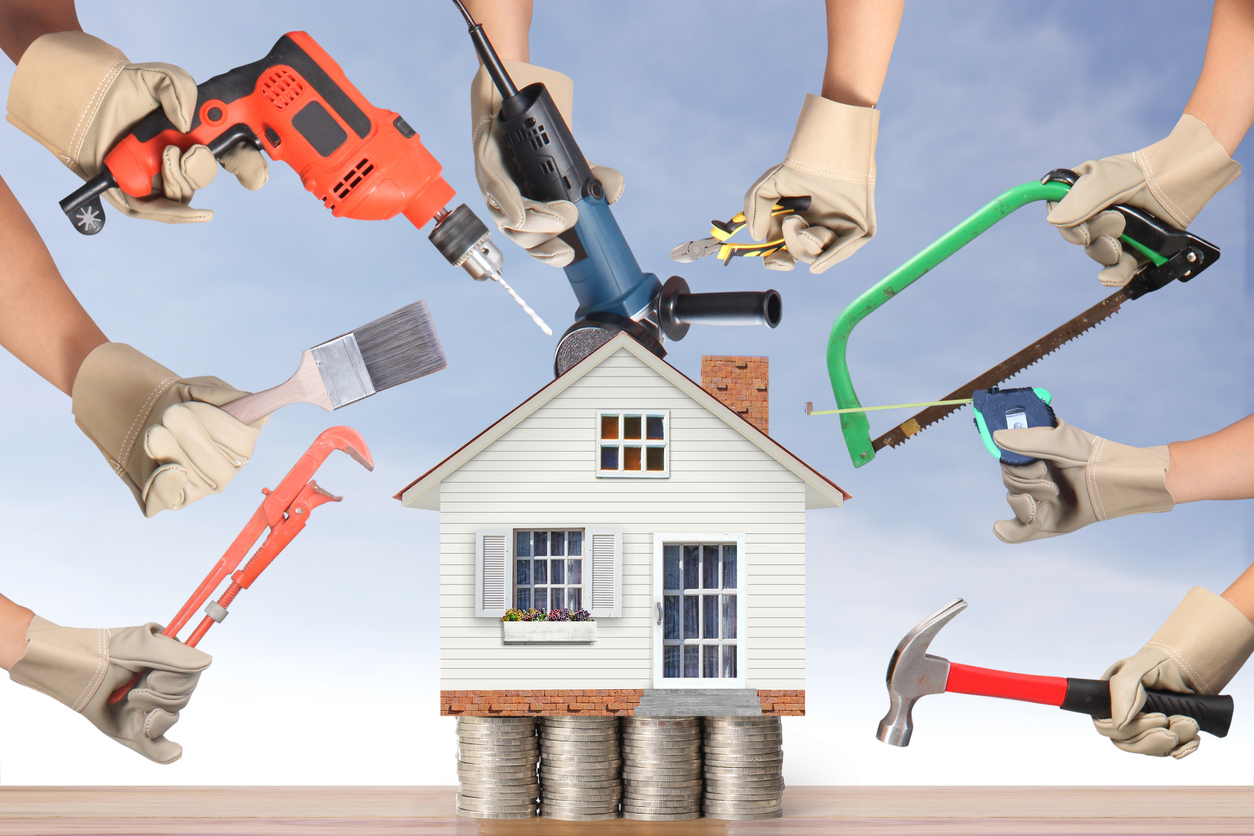The Massachusetts Division of Insurance has become increasingly aware that consumers are often confused by the role of various participants in the claims process. As long-standing public adjusters (PAs), we share this concern, as our industry has faced ongoing challenges stemming from the unlicensed practice of public adjusting (UPPA).
The UPPA problem often rears its head in the form of contractors who – intentionally or not – end up playing a “double role” as both contractor and PA. This is a clear conflict of interest! Not only is this not legal, it’s deeply problematic for homeowners looking for guidance and assistance in advancing their claims with their insurance company.
At SMW, we are licensed and regulated by the state of Massachusetts. This means that we must meet certain criteria to gain and maintain the license, including ethical standards and professional guidelines. We regularly work with contractors – and value their services! – and don’t want them to be dragged into a situation where they face a conflict of interest or a professional pitfall.
Oftentimes, the contractor is merely trying to help the homeowner and unwittingly ends up doing PA work. To help both contractors and homeowners understand appropriate roles, we offer this list of “Can Do” and “Can’t Do” activities for contractors.
What contractors can do without a public adjuster license:
1. Approach a homeowner or business owner offering repair or reconstruction services.
2. Offer an opinion to a policyholder as to whether damage is from a storm or other incident normally covered by a homeowners policy.
3. Prepare an estimate and scope of work for the loss.
4. Discuss the estimate or scope of work with their customer.
5. Recommend that the policyholder file an insurance claim with his or her insurer.
6. Be present when an insurer’s adjuster inspects the damage.
7. Answer questions the insurer or the insurer’s adjuster has about the estimates.
What contractors cannot do (unless they are licensed as a public adjuster by the State of Massachusetts):
1. Investigate, appraise, evaluate, give advice, advocate on behalf of or assist their customer in adjusting a claim.
2. Prepare the insurance claim for their customer.
3. Negotiate the claim with the insurance company on their customer’s behalf.
4. Offer to review the insurance policy or advise their customer on the insurance policy’s coverage.
5. Advertise or provide written materials that state they can negotiate or investigate a claim on their customer’s behalf. This includes advertising to be “claim specialists” or “claim analysts,” or any other similar terms, or advertising or claiming that they can “deal with insurance companies” or in any way increase the claim settlement amount for the policyholder.
We love our contractor colleagues, and hope this list helps them and homeowners understand what is allowable – and what crosses the line into UPPA.
For more information, visit https://www.naic.org/




